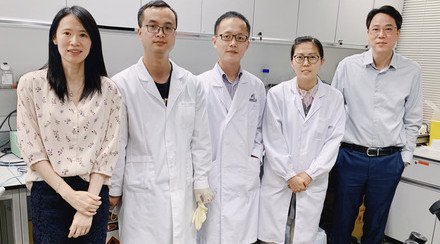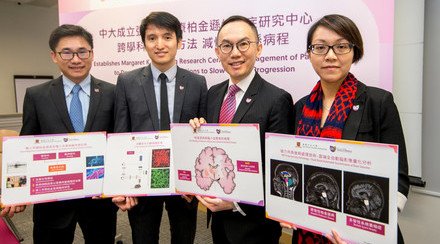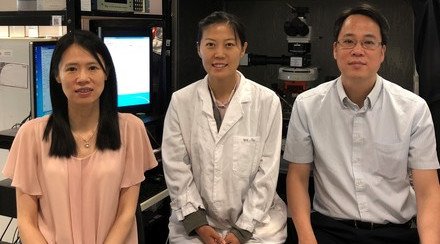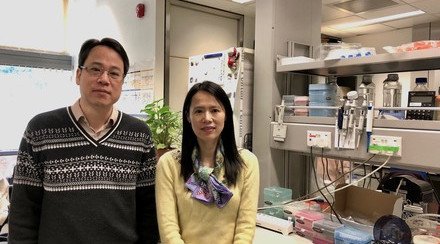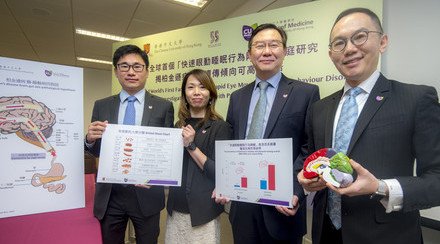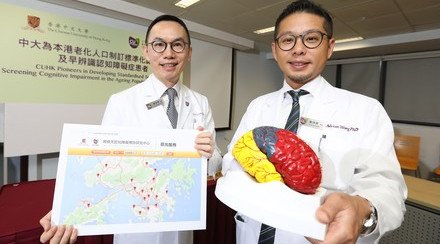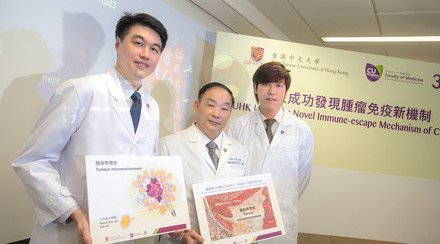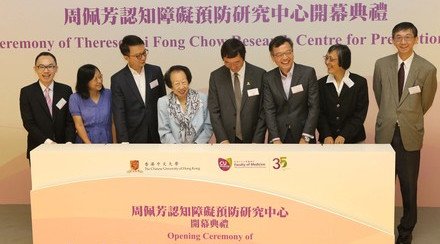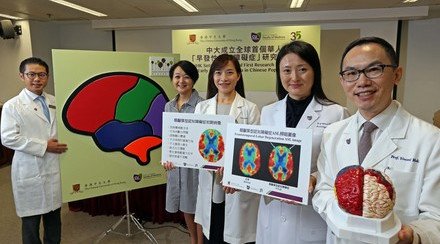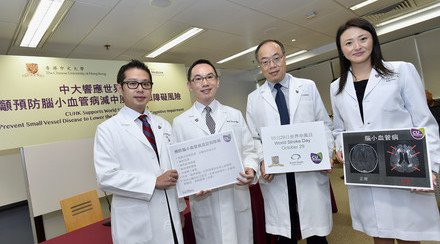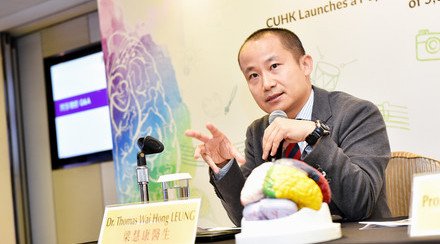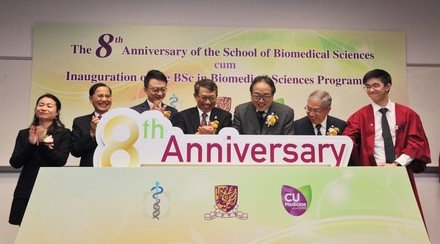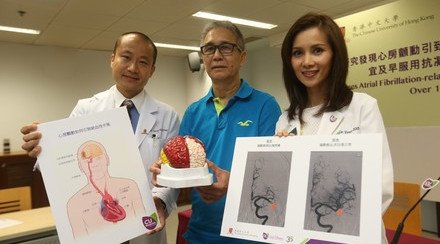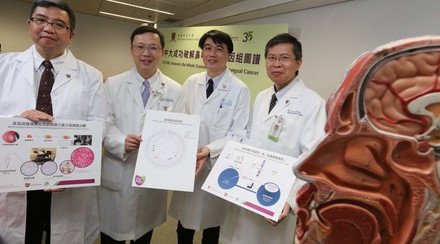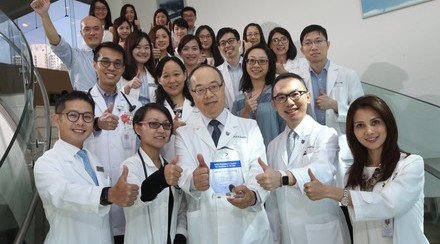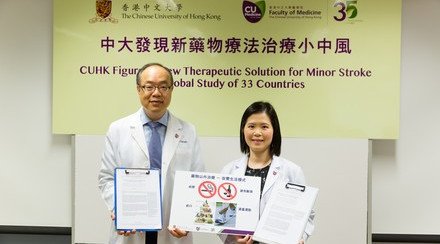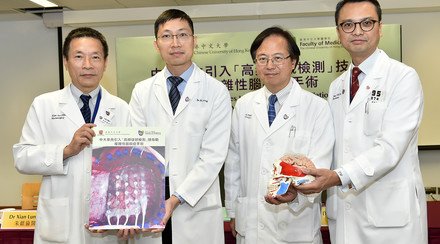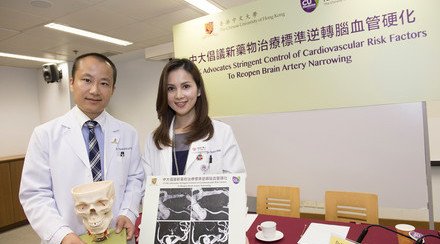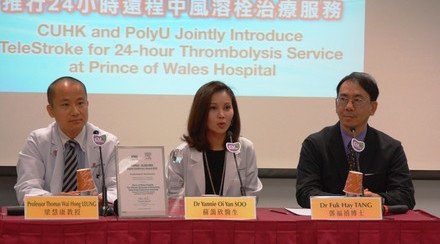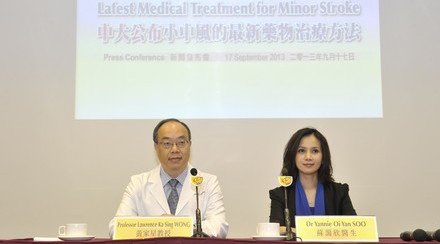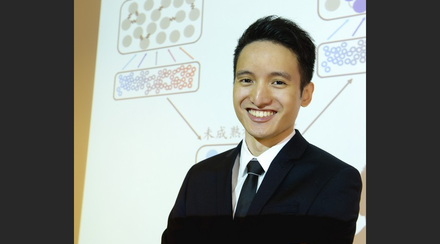CUHK’s Gerald Choa Neuroscience Centre Unveils Mystery of How Brain Learns Motor Skills
A recent study led by the newly established Gerald Choa Neuroscience Centre of the Faculty of Medicine at The Chinese University of Hong Kong (CUHK) unveils the intricate processes of motor memory formation taking place in the brain. The research team applied sophisticated neurophysiological techniques to record activities from neurons of experimental rats. The findings explain how higher animals master a new motor skill and help understand the malfunctions of the nervous system in Parkinson’s disease, stroke and many other motor disorders so that better therapies can be developed. Study results have just been published in the top international scientific journal Nature Communications.
Successfully record big data of neural activities by overcoming technical hurdles
A motor skill is a function, which involves the precise movement of muscles with the intent to perform a specific act, such as writing, walking, and riding bicycle. Motor skills are essential for all aspects of our daily life. It is well known that learning a new motor skill requires repeated practice. But how practising shapes our brain in controlling our motor system is a fundamental question in biomedical science that is still mysterious.
The current study led by Professor Wing Ho YUNG and Associate Professor Ya KE of the Gerald Choa Neuroscience Centre and the School of Biomedical Sciences of the Faculty of Medicine at CUHK, , applied sophisticated neurophysiological techniques to record activities from neurons in the motor cortex of experimental rats when they were trained to learn a novel motor skill. Prof. Ya KE remarked, ‘A very challenging aspect of the study is to track the activities of a large number of simultaneously recorded neurons faithfully for the entire period of training. Over a thousand neural signals per minute needed to be recorded while the recording period lasted more than one week.’
Dr. Qian LI, first author of the study, has also successfully overcome the technical hurdles and applied sophisticated statistical and machine learning techniques to track and visualize motor memory trace. Dr. LI is a PhD graduate from the School of Biomedical Sciences of the Faculty of Medicine at CUHK and she is currently pursuing postdoctoral work at Cold Spring Harbor Laboratory in the United States.
Dr. Owen Ho KO, Clinical Lecturer, Department of Medicine and Therapeutics, Faculty of Medicine at CUHK, is a key team member and the co-first author of the study. He added, ‘This study also revealed that the formation of motor memory is highly disrupted in the absence of dopamine in the motor cortex, a condition that could be present in some Parkinson’s disease patients, explaining deficient motor learning in the disease.’
The research team believes that the study findings could advance the knowledge of the brain mechanism of motor learning and help develop better therapies for patients suffering from motor disorders.
The new Centre aims at undertaking a leading role in the neuroscience research field
This study is one of various projects led by the newly established Gerald Choa Neuroscience Centre of CUHK. Named in honor of the founding Dean of the Faculty of Medicine of CUHK, the Gerald Choa Neuroscience Centre represents a major initiative at CUHK to unite faculties sharing a common interest in neuroscience and to foster the development of neuroscience research. Its mission is to undertake a leading role in neuroscience research by making important discoveries of international excellence that benefit mankind. Affiliated core faculty members of the Gerald Choa Neuroscience Centre include principal investigators in CUHK with research interests spanning basic, translational and clinical neuroscience. Under the co-directorship of Prof. Wing Ho YUNG, and Prof. Vincent Chung Tong MOK from the Department of Medicine and Therapeutics, Faculty of Medicine at CUHK, this new research centre currently focuses on three aspects of neuroscience, namely, brain mechanisms of behaviours, the genetic basis of brain disorders and neurovascular biology and diseases.
Prof. Wing Ho YUNG said, ‘We all feel encouraged about the establishment of Gerald Choa Neuroscience Centre. Currently, a number of exciting projects are being conducted, and we expect novel and significant findings in basic as well as translational neuroscience to be reported by this new research centre in the coming years.’
Prof. Vincent Chung Tong MOK also remarked, ‘We believe that the Gerald Choa Neuroscience Centre, established through a generous donation, can advance the study of neurological diseases and develop more effective prevention and treatment methods to alleviate patients’ conditions and reduce the burden on society.’
A recent study conducted by the Gerald Choa Neuroscience Centre of CUHK unveils the intricate processes of motor memory formation taking place in the brain. (From left) Associate Professor Ya KE and Professor Wing Ho YUNG from the School of Biomedical Sciences, and Dr. Owen KO, Clinical Lecturer, Department of Medicine and Therapeutics, of the Faculty of Medicine at CUHK.
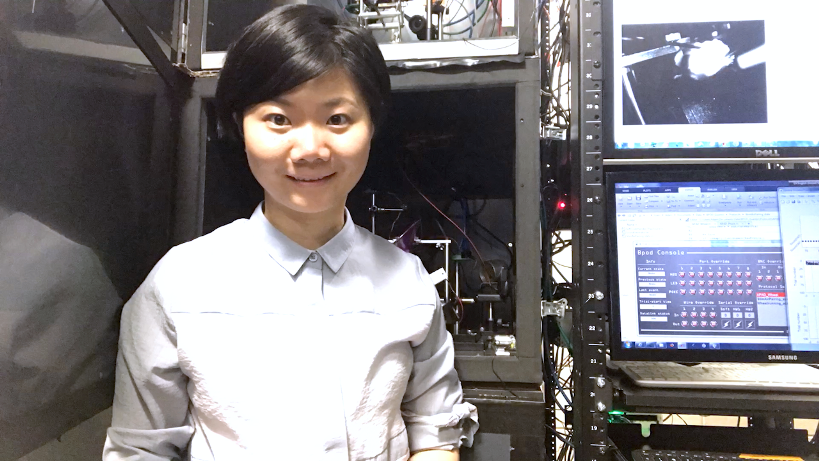
Dr. Qian LI, first author of the study, applied sophisticated statistical and machine learning techniques and successfully overcame the technical hurdles.
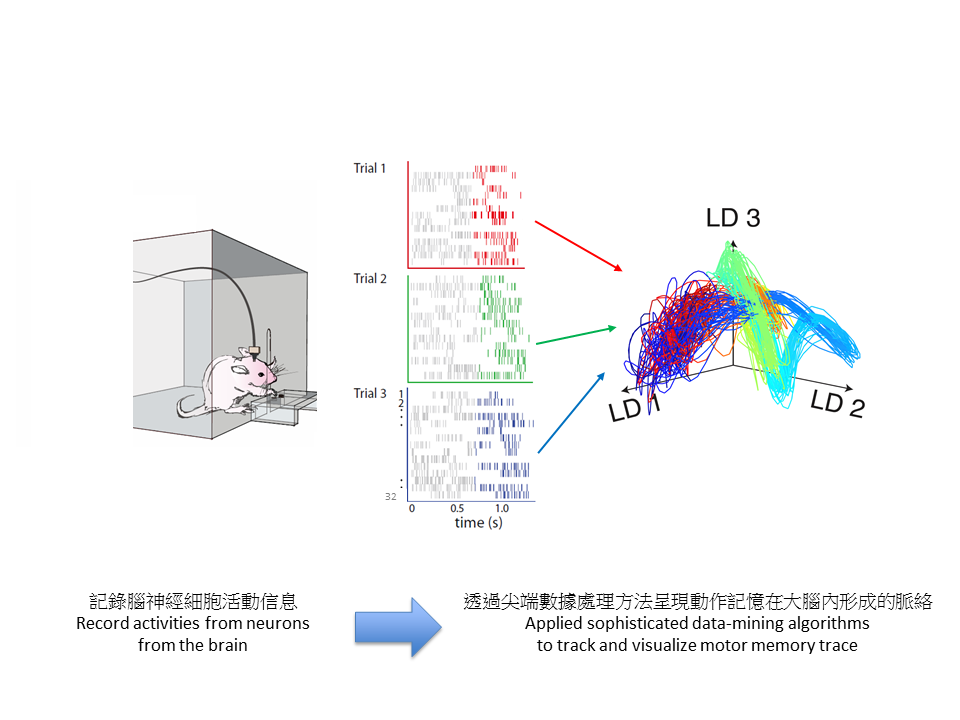
The research team recorded activities from large number of neurons from the brain of the laboratory rat and applied sophisticated data-mining algorithms to track and visualize motor memory trace.


